A Hong Kong court has denied bail to a 19-year-old activist who was arrested under the national security law while attempting to shelter inside the US consulate.
Tony Chung is the only the second of at least 27 people arrested under the law to be charged, and now faces prosecution for alleged crimes of secession, money laundering and conspiracy to publish seditious material. The last charge falls under colonial-era criminal laws.
On Thursday morning, Chung appeared at West Kowloon magistrates court, where he was denied bail and held in remand ahead of his next scheduled court appearance on 7 January.
Chung was detained on Tuesday morning at a coffee shop while he waited for the nearby US consulate to open. Friends of Hong Kong, a UK-based organisation which says it has been assisting Chung, said they spoke to him at around 8.10am, and then received a report from a bystander a few minutes later that he had been taken away by men appearing to be officers.
The US does not grant asylum to people at its diplomatic postings – asylum seekers must be physically present on US soil. However, the Hong Kong consulate is an application processing post for the US refugee program, according to state department websites. Friends of Hong Kong said Chung had submitted his paperwork weeks earlier, but fear of an imminent arrest prompted him to seek shelter at the consulate.
The consulate declined to comment.
Two other members of Chung’s now-disbanded activism group, Yanni Ho and William Chan, were also arrested later on Tuesday but were released on bail.
In July, Chung, Chan and Ho were among four student activists arrested under the Beijing-imposed national security law, for allegedly advocating online for an independent Hong Kong. Chung’s passport was confiscated and he was released on bail.
The national security law was imposed on the region in late June, criminalising acts of subversion, secession, foreign collusion and terrorism. It has been criticised as so broadly defined as to infringe upon basic human rights of free speech and assembly, and breach international law.
Hundreds of people have fled Hong Kong seeking asylum overseas including in Australia, Canada, and the US, but the Hong Kong government maintains there is no persecution of residents.
Chung’s appearance in court came as the Hong Kong police force prepared to launch a multi-platform hotline for people to report information relating to possible breaches of the national security law, the South China Morning Post reported on Thursday. According to the report, the identities of the callers would be kept anonymous, and all information would be handled by the national security division of the force.
“It will also create a deterrent effect for potential suspects, as there will be eyes and ears everywhere,” the article quoted an unnamed government source.


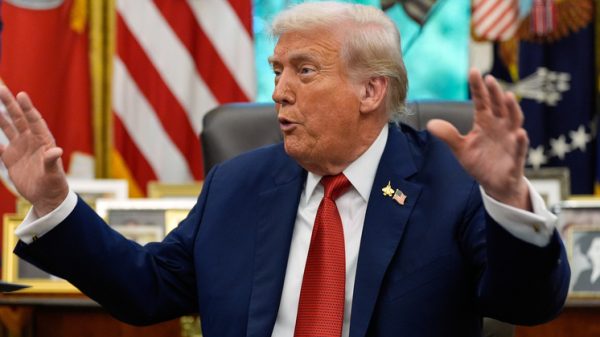




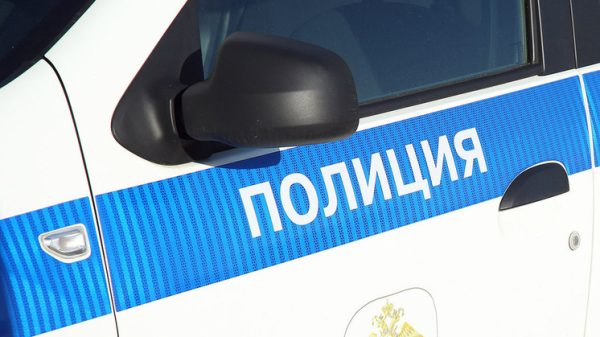
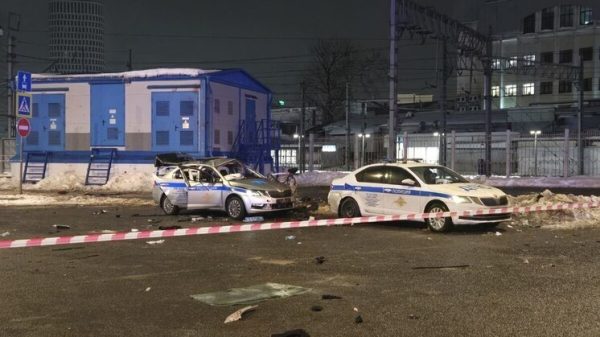



























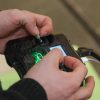
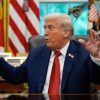














Свежие комментарии